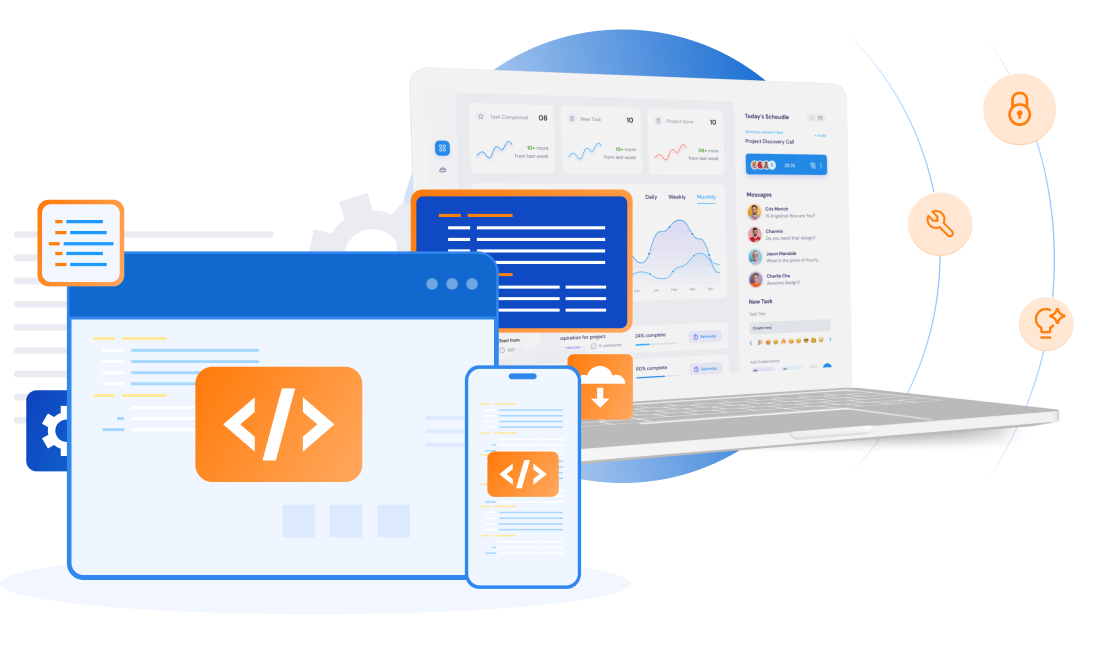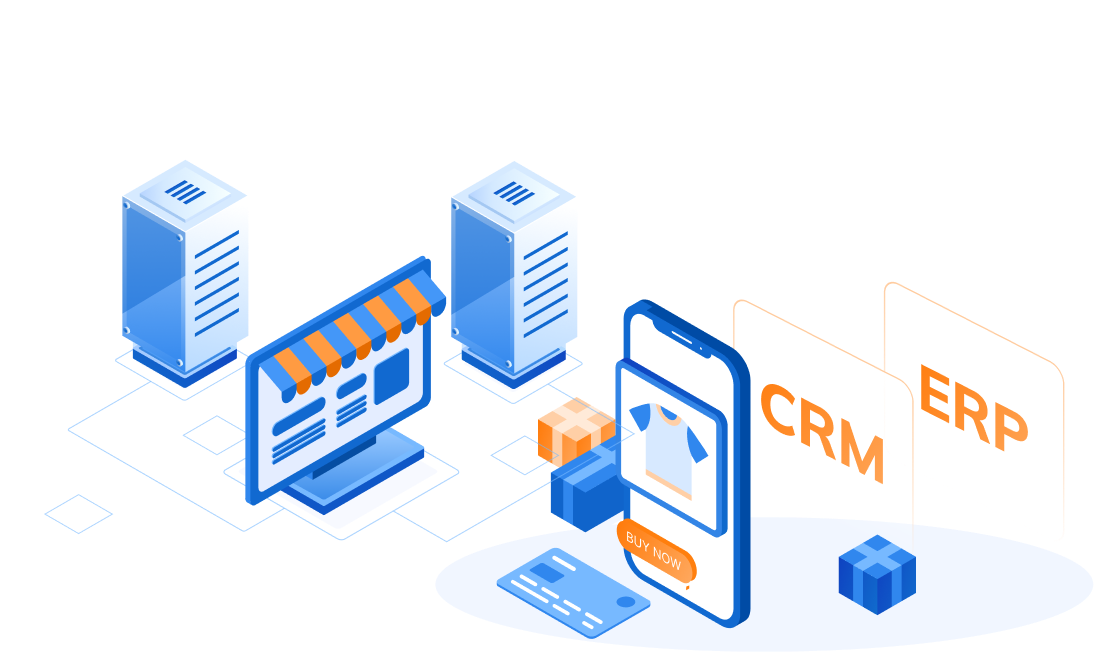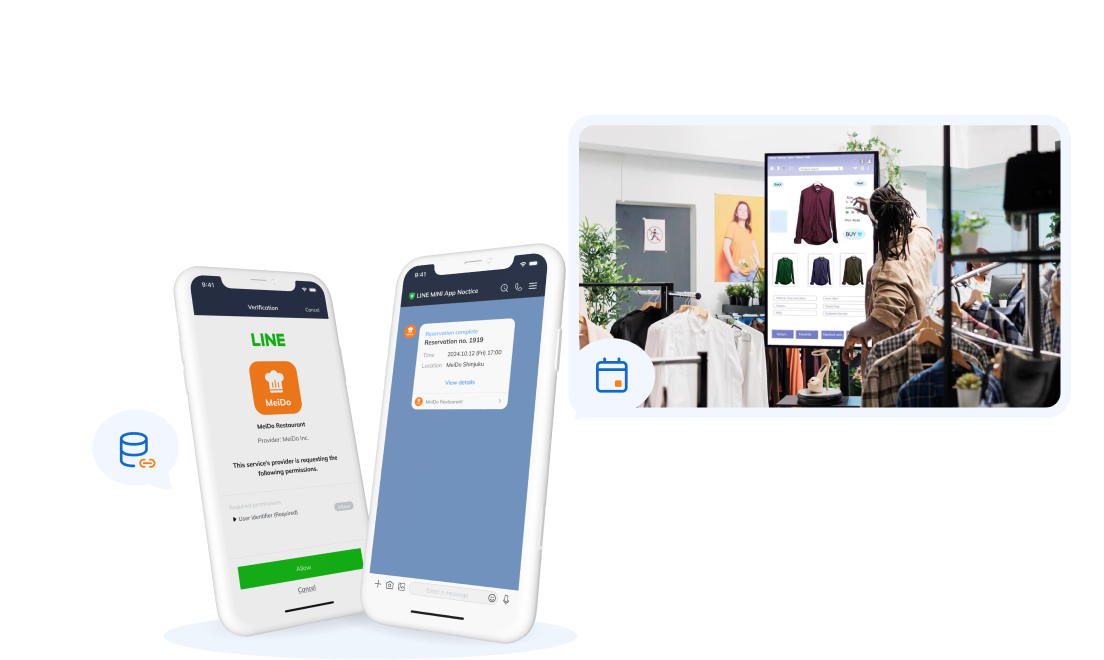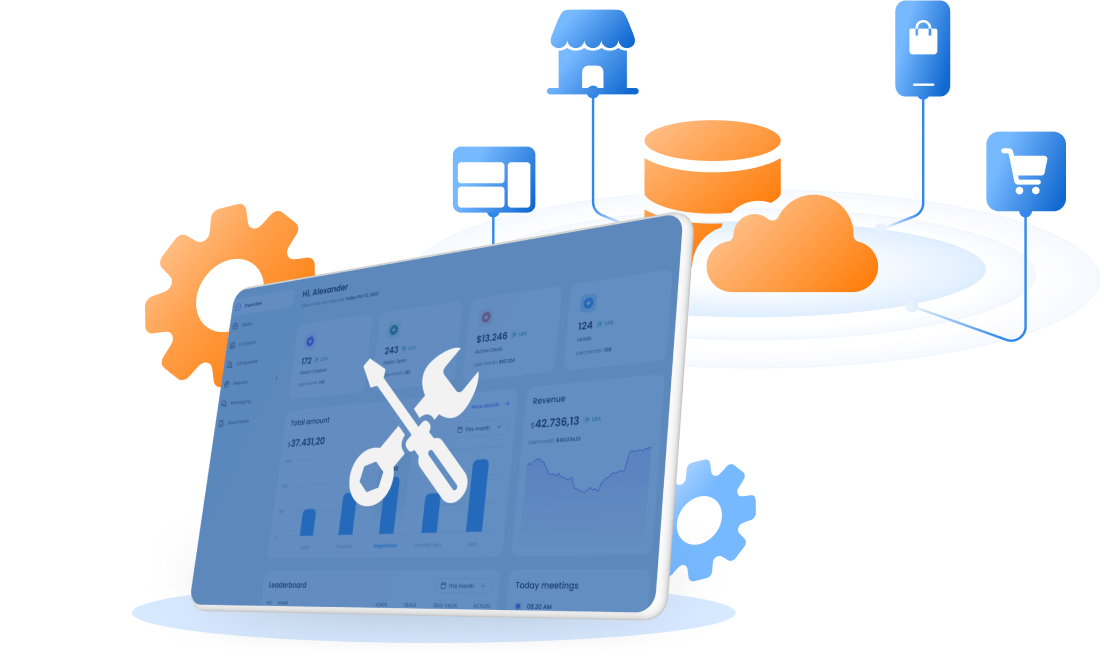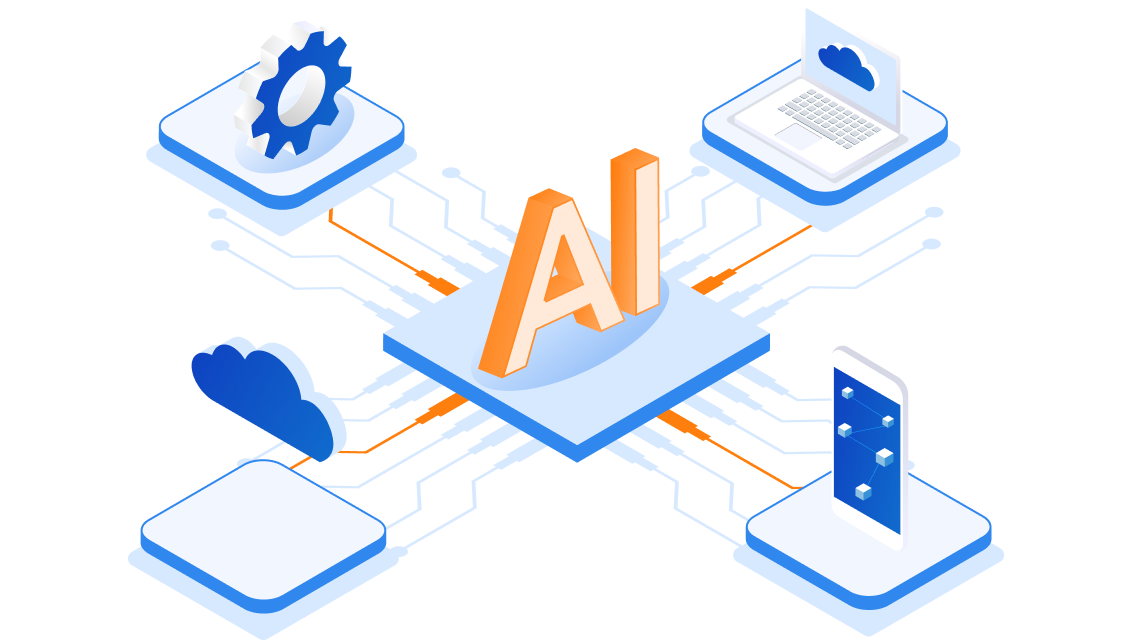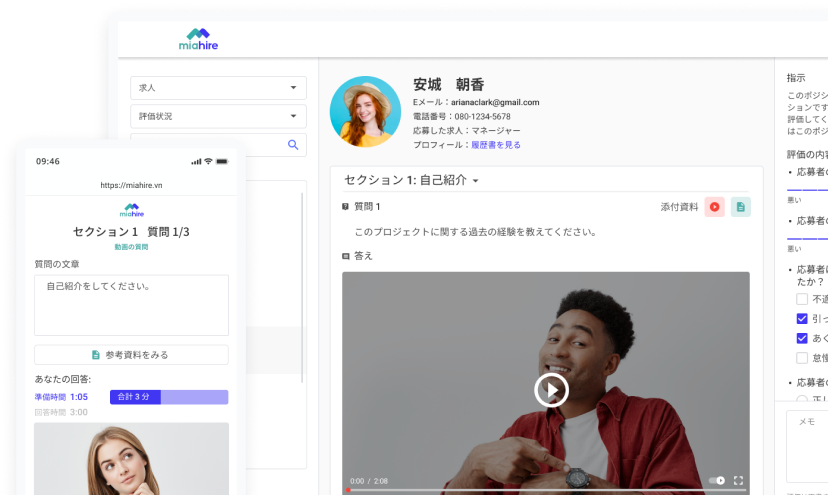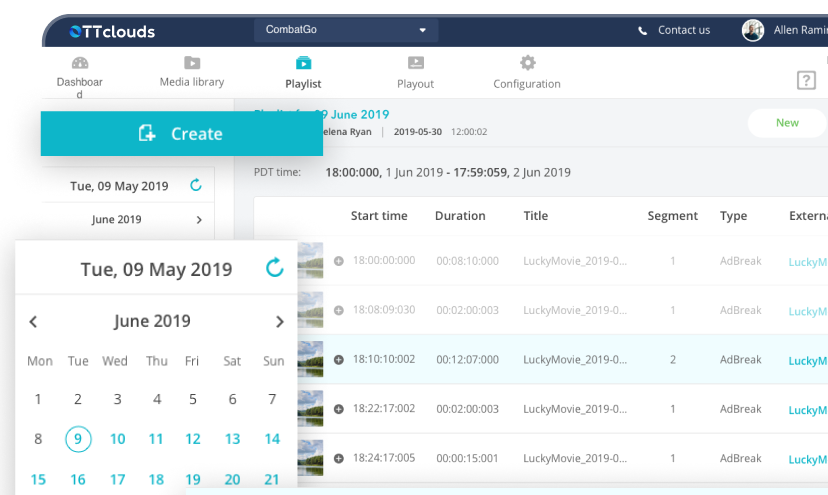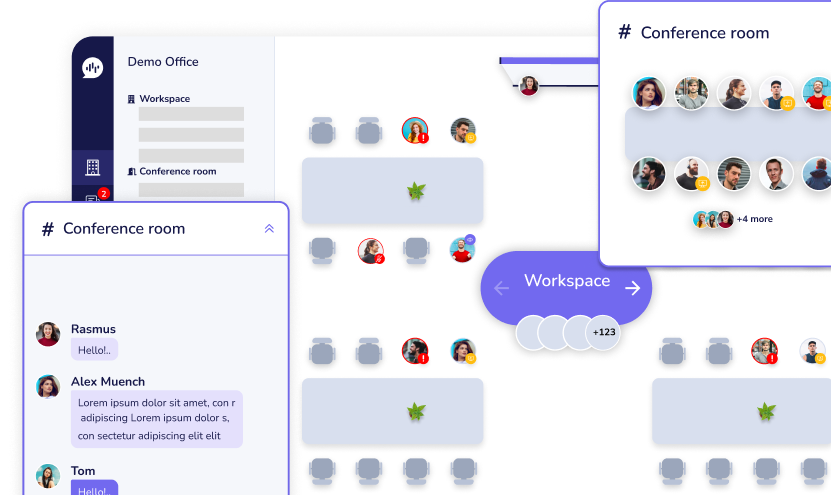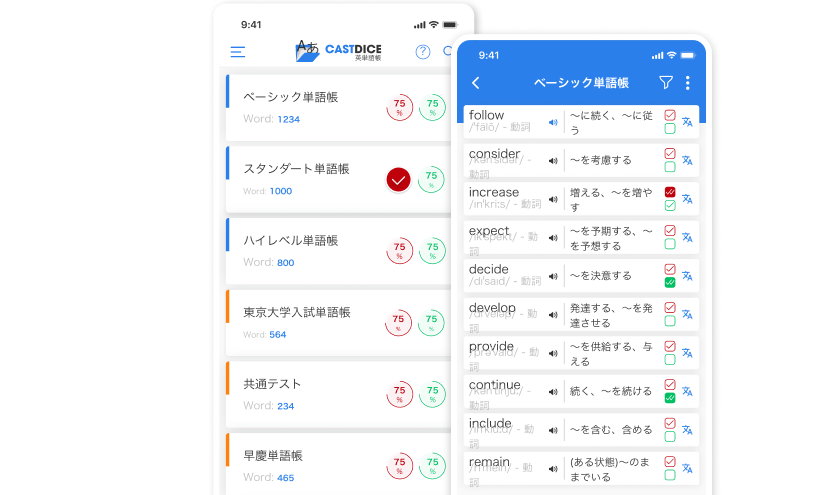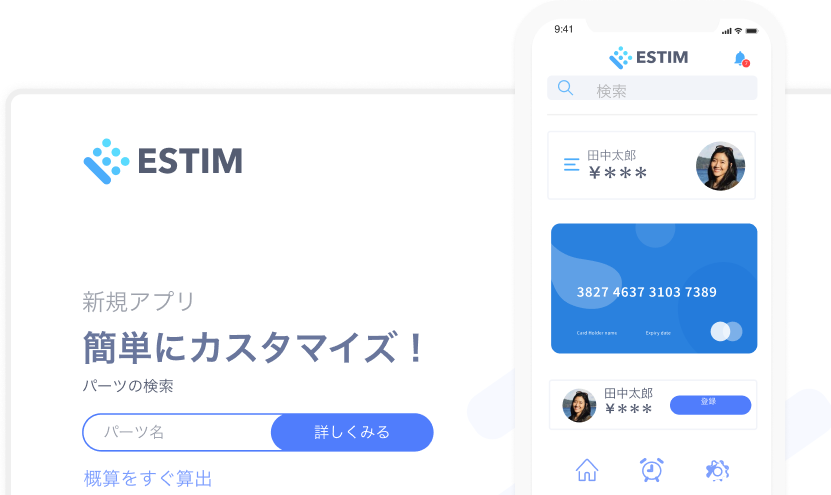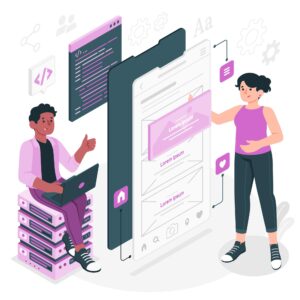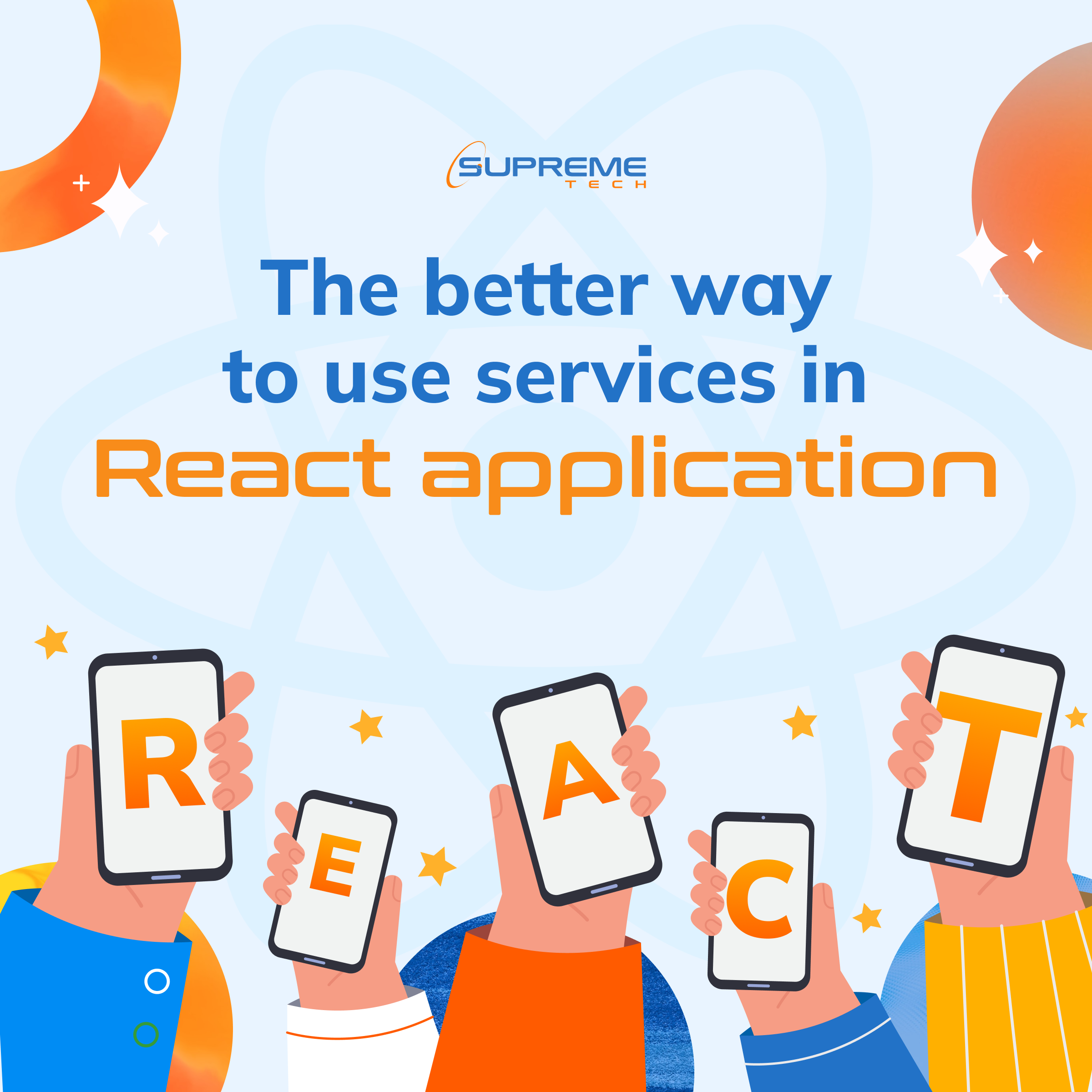Optimizing Flutter for Seamless Cross Platform App Development
13/01/2024
1.1k
Table of Contents
Flutter, the dynamic cross-platform app development framework from Google, offers a plethora of features that simplify the development process. However, to truly harness its potential, optimization is key. In this article, we’ll explore how you can optimize Flutter for cross platform app development in a simple and easy-to-understand manner.

1. Efficient Widget Management: Keep it Neat and Tidy
Widgets are the building blocks of Flutter apps. To optimize your cross-platform development, organize your widgets efficiently. Consider breaking down complex UIs into smaller, reusable widgets. This not only enhances code readability but also makes maintenance and updates a breeze. Think of widgets as Lego pieces; the more organized they are, the easier it is to construct your app.
2. Leverage Flutter’s Hot Reload: Instant Gratification, Real-time Results
Flutter’s Hot Reload feature is a developer’s best friend. Use it liberally! Hot Reload allows you to see immediate results as you make changes to your code. This not only speeds up the development process but also facilitates quick iterations and experimentation. It’s like having a superpower – changes take effect on the spot without the need for a full app restart.
3. Optimize Images and Assets: Trim the Digital Fat
Images and assets play a crucial role in app development, but they can also contribute to increased app size. Optimize your images by compressing them without compromising quality. Consider using tools like ImageOptim or TinyPNG to reduce file sizes. This not only improves app performance but also ensures faster download times for users.
4. Mindful Memory Management: Keep it Light
Efficient memory management is essential for a smooth app experience. Flutter helps in this regard, but developers should still be mindful. Avoid unnecessary memory allocations, release resources when they’re no longer needed, and keep an eye on memory leaks. By keeping your app’s memory footprint in check, you ensure that it runs smoothly across various devices.
5. Use Platform Channels Wisely: Bridging the Gap
Flutter’s platform channels enable communication between Dart (Flutter’s programming language) and native code. While powerful, use them judiciously. Excessive use of platform channels can lead to increased complexity and potential performance bottlenecks. Prioritize Flutter’s built-in capabilities, and only resort to platform channels when necessary for accessing native features.
6. Adopt Code Splitting: Divide and Conquer for Faster Loading
Code splitting is a nifty technique that involves breaking down your app’s code into smaller, manageable chunks. This can significantly reduce initial load times, especially for large applications. By loading only the code necessary for the current screen, you ensure a faster and more responsive user experience.
7. Responsive Design for Varying Screen Sizes: One Size Does Not Fit All
Optimize your app’s user interface for different screen sizes and orientations. Flutter provides responsive design features that allow your app to adapt gracefully to various devices. Utilize flexible layouts and test your app on different screen sizes to ensure a consistent and user-friendly experience for all users.
8. Update to the Latest Flutter Version: Stay on the Cutting Edge
Flutter is an ever-evolving framework, and staying up-to-date with the latest releases is crucial. Each new version comes with performance improvements, bug fixes, and new features. Regularly updating your Flutter framework ensures that you benefit from optimizations made by the Flutter team, keeping your app in top-notch condition.
In conclusion, optimizing Flutter for cross-platform app development is all about efficient coding practices, resource management, and staying attuned to the framework’s evolving capabilities. By organizing your code, leveraging hot reload, optimizing assets, and adopting responsive design, you can ensure that your Flutter app delivers a seamless experience across various platforms. So, dive into the world of Flutter with these optimization tips, and watch your cross-platform app development journey flourish. Happy coding!
Check out a case study which SupremeTech apply Flutter to build cross platform app for a blockchain product.
Related Blog


